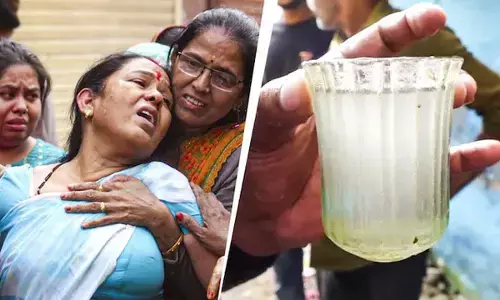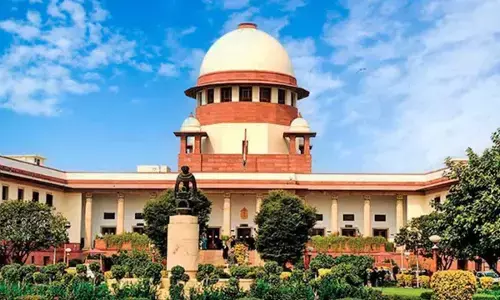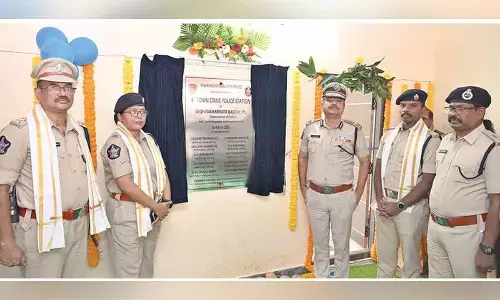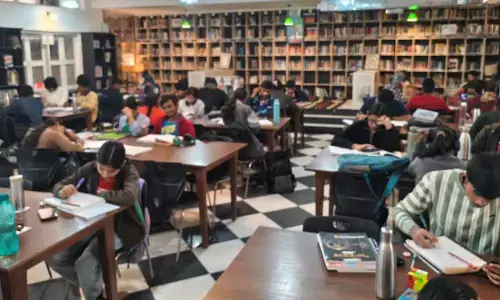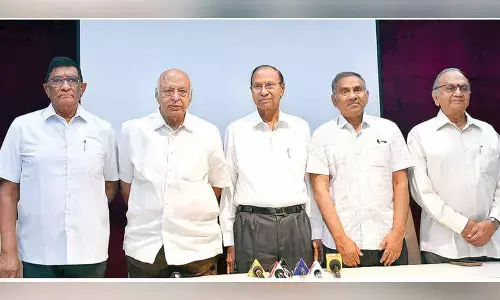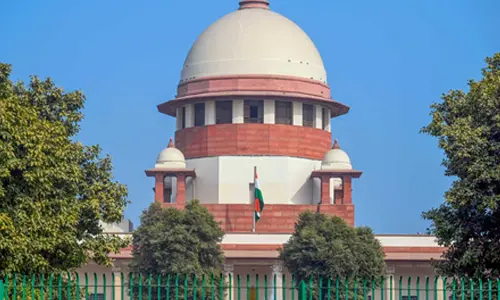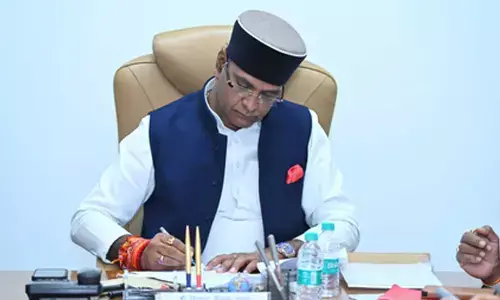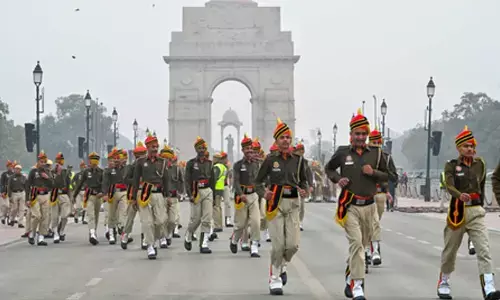Supreme Court asks Kerala government to form exclusive Sabarimala law in Jan 2020
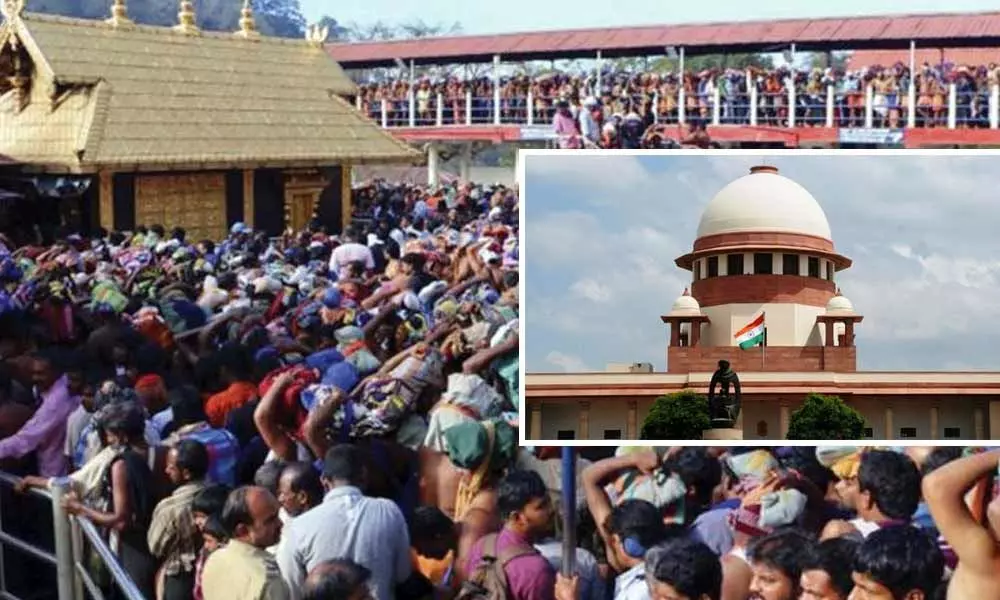
The top court has asked Kerala government to formulate an exclusive law for Sabarimala temple by third week of January 2020.
New Delhi: After the recent hearing pronounced by CJI Ranjan Gogoi about Sabarimala temple, referring the issue to a bigger bench, the SC has deemed that the Kerala government should formulate an exclusive law for the management of Sabarimala temple. The deadline for this exercise has been set for the third week of January 2020. The SC insisted that such a law is essential in the case of Sabarimala temple.
Last week, the Chief Justice of India Ranjan Gogoi had decided to refer the Sabarimala issue to a larger bench. This was done to re-examine religious issues including the 2018 SC verdict that lifted a centuries-old ban on women of menstruating age visiting the hilltop shrine dedicated to Lord Ayyappa who is known to be celibate according to the Hindu scriptures.
The Supreme Court took exception to the Kerala government's attempt to change laws dealing with the administration of Sabarimala and other temples, after hearing a petition filed by the Pandalam Royal Family to protect their rights.
On the provision of 1/3rd quota for women in the Temple Advisory Committees, the SC asked, How can there be women in the panel when a 7-judge Bench is yet to examine the question of essential religious practices. In response, the Kerala government told the Supreme Court that involving women in temples' administration was part of its liberal push. The Kerala government was asked to frame a new law for Sabarimala temple on August 27.
The government produced draft amendments in the Travancore-Cochin Hindu Religious Institutions Act in the Supreme Court. The SC said that the draft was not sufficient and that a new, exclusive law for the administration of Sabarimala temple is necessary. The order was passed in a plea filed by the Pandalam royal family over the temple administration.
Last week, in the SC hearing pertaining to the Sabarimala issue, Chief Justice of India Ranjan Gogoi suggested that the issue was not exclusive to Sabarimala alone. It also pertains to Muslim women's entry into mosques and the Borah community's issue against genital mutilation. Since all these issues need a bigger panel of judges, the court referred the issue to a bigger bench of seven judges.









